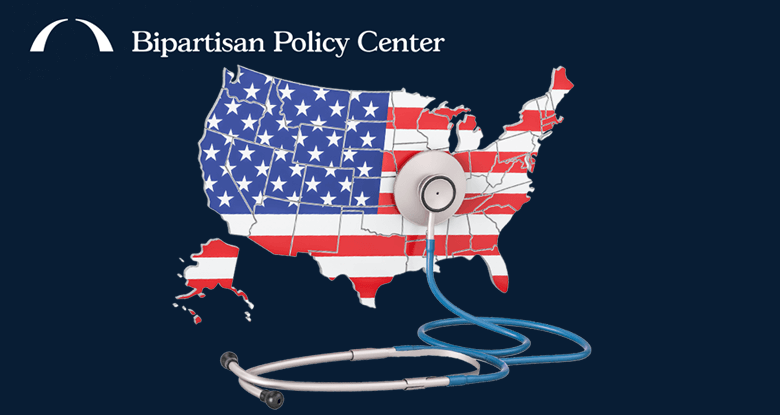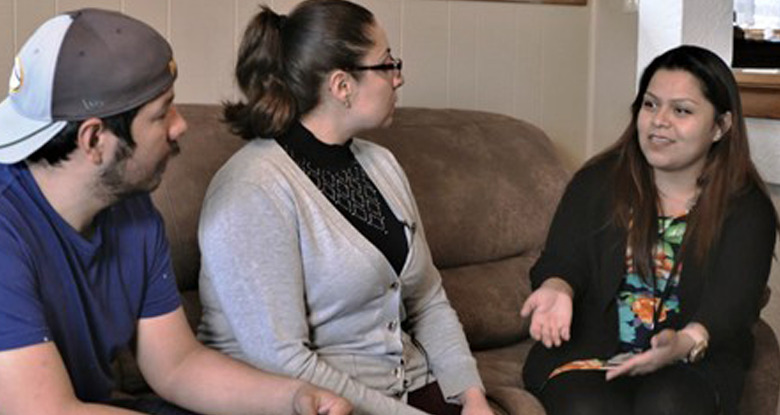We are continuing our work to raise awareness of the impact on access to care as a result of the ongoing workforce shortage crisis in direct care—and drive action in the Biden Administration that will help address the problem.
Making the Case for Change
In March, the Centers for Medicare and Medicaid Services (CMS) announced a sweeping Skilled Nursing Facility (SNF) initiative that includes more than 20 proposed actions, including implementing a minimum staffing requirement, increasing frequency of compliance surveys and dramatically increasing penalties for deficiencies. No funding is provided for additional staff required by nursing homes.
In response, Lutheran Services in America wrote a letter to CMS administrator Chiquita Brooks-LaSure outlining our concern about the lack of understanding of the workforce shortages facing skilled nursing providers and the result that older adults will not have access to the care they need. We also invited our members and their networks to participate in our advocacy campaign to Brooks-LaSure and members of Congress and conducted a survey of our SNF providers to collect hard data to strengthen our messages.
Strength in Numbers
Illustrating the strength in numbers when we come together as the voice of a $23 billion faith-based network, we secured a meeting with CMS Administrator Brooks-LaSure on May 26 with four of our member CEOs:
During this meeting, we shared that we’ve already reduced services for older adults because of workforce shortages—for example, 1 percent of the population of Lindsborg, Kansas, is waiting to be admitted to a skilled nursing facility and over 100 older adults in one Minneapolis hospital alone can’t be discharged because there are no skilled nursing beds available.
We highlighted the limited options for older adults who are frail and need higher level skilled care today because of workforce shortages—and that an unfunded mandate to expand staffing requirements would mean we would have to turn away more people.
We talked about the dedicated caregivers—the frontline heroes—and the extensive efforts our members make to recruit and retain staff in this competitive environment. But with Medicaid reimbursement rates that don’t fully meet the costs of care (e.g., losing $90/day on 70 percent of the population served), even the prison commissary in one rural community pays staff more than Medicaid provides.
We also shared the exorbitant fees paid to staffing agencies to secure additional workers to continue to empower older adults. For example, outside staffing agencies were 27 percent of the nursing budget for one member—where two years ago they were $0. Another cited paying staffing agencies $90/hour for a Certified Nursing Assistant, clearly not sustainable.
Next Steps
We recommended bringing our provider voice into CMS’s plans and that CMS should focus on helping expand the workforce through immigration and other levers to expand the pipeline and expand Medicaid reimbursement to cover the cost of care.
Now, CMS is also seeking public comments on the minimum staffing requirement, and we’ve shared our message with them there as well.
Our advocacy work isn’t over, and we still need your help and your voice to continue making progress, but we know our message is beginning to break through and for that, we thank you for your continued support.



